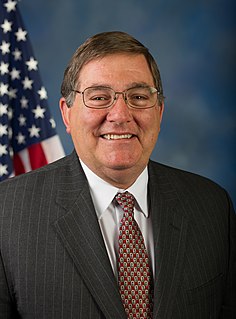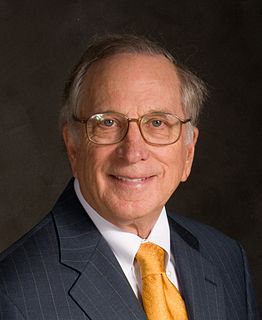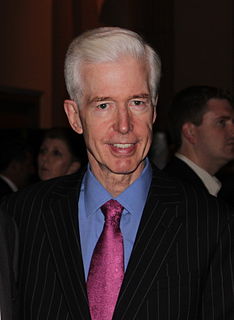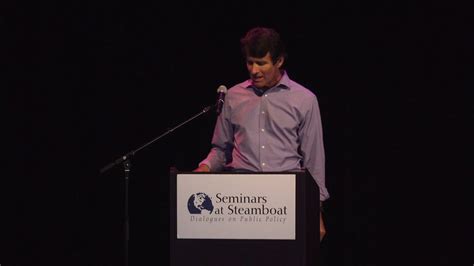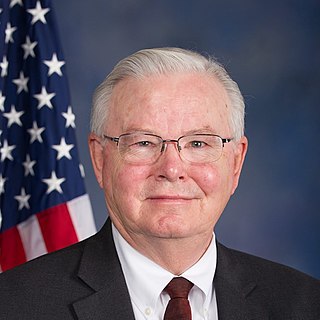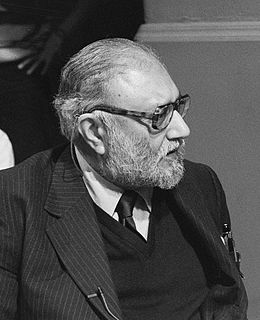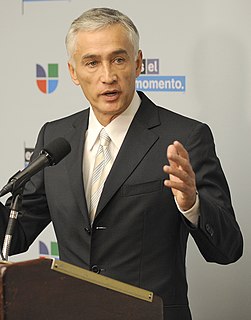A Quote by Michael C. Burgess
Today, nuclear power provides 20 percent of power in the United States.
Quote Topics
Related Quotes
In the mid-1980s, operating problems took [nuclear] plants off-line so often that, on an annual basis, they operated at only about 55 percent of their rated total generating capacity. Today, as a result of several decades of experience and an intense focus on performance ... nuclear plants in the United States operate at over 90 percent of capacity. That improvement in operating efficiently is so significant in its impact that it can almost be seen as a new source in electric power itself.
On January 20, 2017, Trump will be sworn in as the 45th president of the United States, and he will be given the nuclear codes and the power to launch the U.S. nuclear arsenal, which is comprised of some 7,000 nuclear weapons. A military officer will always be close to Trump, carrying the nuclear codes in a briefcase known as the "football."
The Iranians know that if they develop nuclear weapons, they will be in tremendous jeopardy from military capabilities of their neighbors and of the United States. I am not predicting what will happen in 2013, but I do think it is a crucial year. I hope we can make it clear to the Iranians that we do not object to them having peaceful use of nuclear power. But when they enrich Uranium to a 20 percent level, people think they are going for the bomb. Their uranium enrichment program is a real danger.
Look at Germany where 20 percent of the labor force is in manufacturing compared to about 8 percent in the United States. Germany pays a lot more conscious attention at the level of the federal government to attracting and keeping manufacturers in Germany. So this is something that other countries do that the United States has not historically done.
The Italian journalist Oriana Fallaci used to say that for her, an interview was like a war. I get the sense that we've forgotten that here in the United States. You turn on the TV, and you see very bland interviews. Journalists in the United States are very cozy with power, very close to those in power.
Sometimes I think the Congress feels that if you only decided tomorrow to switch to wind power that in two years we'd be getting 80 percent of our electricity from wind power. It's nonsense. Normally it takes 20 to 30 years after a new technology is demonstrated and deployed before it powers even 15 or 20 percent of the grid. There's this long lag time, and we haven't even decided which directions to go.
